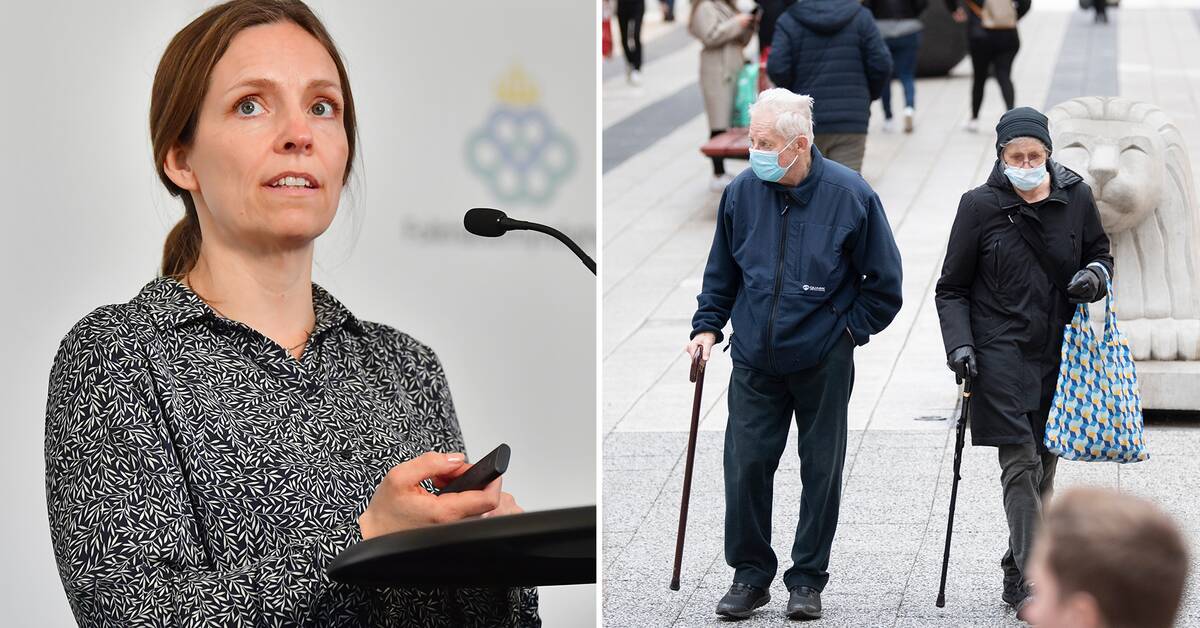If the scenario becomes a reality, legislative infection control measures, similar to those introduced during the pandemic wave 2020, can be reintroduced next year.
This is mainly in the event of a spread of a corona variant with the ability to circumvent both the immune system and the vaccine.
The scenario is called "Situation C" in the contingency plan that FHM has developed on behalf of the government.
- Then we are in a situation where the vaccination effort is not enough, and we need to introduce measures such as limiting contacts and regulations of public gatherings, such as theaters and sporting events.
But also recommendations to work from home and only meet those closest to you, says Sara Byfors, unit manager at the Swedish Public Health Agency.
"Can go fast"
Since April, covid-19 is no longer classified as a general and socially dangerous disease.
This may change quickly if a new surprising virus were to gain momentum in the country.
Restrictions and infection control measures would then be introduced much faster than in the spring of 2020, according to FHM.
- Pandemic legislation no longer exists, but it is possible to control this in other ways, such as with recommendations.
And it can go relatively quickly if the situation demands it.
Even if Sara Byfors does not see any signs of such a virus, the Swedish Public Health Agency is better equipped for a possible new wave.
- It is clear that we are more aware of covid-19 now, we will continue to monitor the disease both in Sweden and abroad.
We also have a better capacity for testing and infection tracking that we did not have then.

